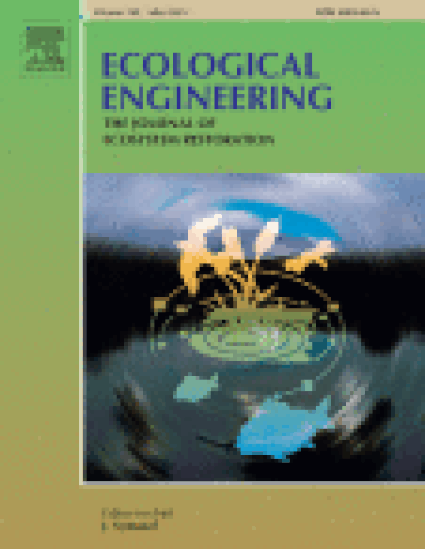
Article
Applying ecological principles to maximize resistance to invasion in restored plant communities
Ecological Engineering
(2023)
Abstract
Considerable resources are spent worldwide to manage invasive plant species and preserve the integrity and diversity of native or restored habitats and communities. Here, we review empirical evidence to identify relevant ecological principles and practices that could guide plant community restoration when the goal is to prevent re-invasion after management of an invasive species. Our focus is on the restoration of North American freshwater or tidal wetland communities after invasion by Phragmites australis, but our findings could apply to the design and restoration of invasion-resistant communities for any plant invader. The ecological principles that emerge from this review are (1) seedling establishment of P. australisprovides a critical window for limiting invasion through ecological resistance; (2) abiotic conditions modulate ecological resistance; (3) resident species do best when they have a head start on the invader; (4) competition through limiting similarity can help strengthen ecological resistance; (5) species and functional diversity enhance invasion resistance through complementarity effects; and (6) propagule pressure of the invader and seeding density of the resident species interact to determine invasion success. We propose a conceptual model that synthesizes these ecological principles as well as a decision tree in support of field applications. Finally, we conclude by encouraging experiments that encompass the temporal and spatial variability of restored ecosystems to test the limits of these principles and better support the applications of, and generalization about, ecological resistance.
Disciplines
Publication Date
2023
DOI
https://doi.org/10.1016/j.ecoleng.2023.106926
Citation Information
Karin M Kettenring. "Applying ecological principles to maximize resistance to invasion in restored plant communities" Ecological Engineering Vol. 190 (2023) p. 106926 Available at: http://works.bepress.com/karin_kettenring/181/
